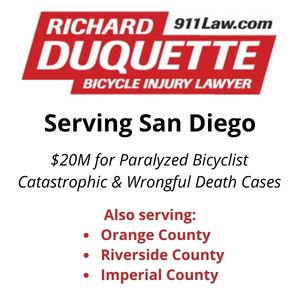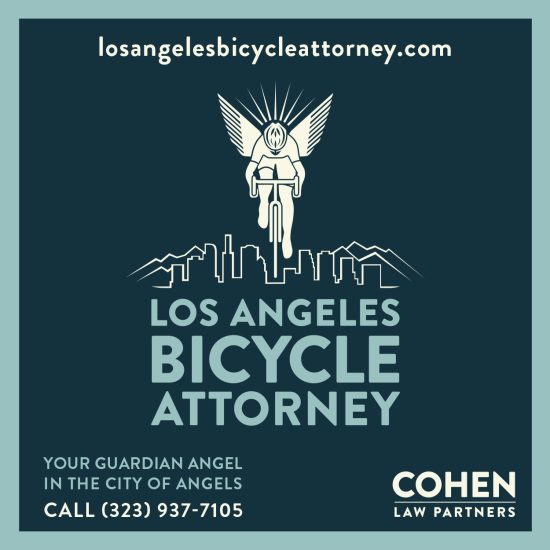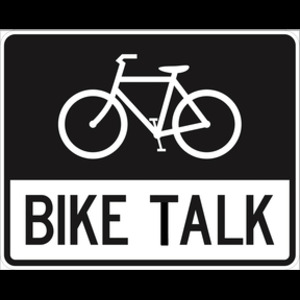Let’s take a break from this week’s discussion of legal matters, and catch up on a long list of links I’ve been saving just for you.
Yes, you.
And yes, these will be on the test.
I’ll pick up with still more court cases next week. And try to catch up on this week’s events before the weekend is out.
And please excuse the general lack of snarkiness in today’s post; I seem to have lost my sense of sarcasm somewhere along today’s cool and cloudy early-onset winter ride along the coast.
I’m sure with a little rest and liberal application of New Belgium’s 1554, I’ll be back to my same old obnoxious self in no time.
……..
A Texas driver threatens cyclists on his own Facebook page, since removed, and apparently under his own name. And yes, the authorities have been notified; the question is whether being an idiot is against the law down there, or if drivers can get away with making terrorist threats.
Just a brief excerpt of his insanity tweeted by Bike Denton:
“I’m going to turn you and your hip fixed-gear into a bloody mess of human entrails” — Gregory Ryan Butler
Nice.
Thanks to Witch on a Bicycle for the tip.
……..
Cyclists seem to be under assault around the world, as Brooklyn cyclists dodge bricks thrown by teenagers, four boys knock a Chicago rider off his bike in a robbery attempt, and a London cyclist is fatally shot by mistake just seconds from his destination. Thanks to Rex Reese for the Chicago link.
……..
No winners in the case of an Elizabethton TN mother threatened with arrest for letting her daughter ride a bike to school, even after police capitulate compromise and let her ride another route. The mother in question accuses police of changing their story.
……..
Nothing says Labor Day like bike sales; this weekends sales include markdowns at I. Martin and Cynergy Cycles. Chances are your neighborhood LBS has a few deals waiting for you, as well.
……..
My favorite blog post of the week, as a Carolina bike lawyer complains that almost anyone can be somewhat fast on a bike, but few learn to be elegant, graceful cyclists; I’ve long said that anyone can learn to ride fast, but it takes years to learn to ride well.
A must read for anyone who participates in group rides, or wonders why the hell some people ride the way they do.
……..
Yes, the 20 miles of sharrows LADOT recently promised will count towards the mayor’s commitment for 40 miles of bikeways this year; Bicycle Fixation approves of the 7th Street road diet. Flying Pigeon holds their monthly brewery ride on Saturday. Damien Newton confesses to being an occasional sidewalk rider. You now have until September 8th to apply for a $500 mini-grant for the next CicLAvia in October. South Pas cyclists could have protected bike lanes on Monterey Road, but probably not. Popular Claremont mayor Sam Pedroza was seriously injured when his handlebars clipped a parked car. Unanimous support for the draft South Bay Bicycle Master Plan from the Manhattan Beach commissioners. Valet your bike at this weekend’s Fiesta Hermosa, courtesy of Hermosa Cyclery. 90210 star AnnaLynne McCord bikes in a bikini. Cyclicious says Keanu rode a bike back in the 80s and apparently had a Coke habit. The Feds give California the green light for green paint on the street; is LADOT listening? The state Assembly declines to vote on SB 910, the 3 feet 2 pass bill, until next week. The driver who killed a Danville cyclist flees to China; authorities had allowed her to surrender an old passport. A Petaluma cyclist is seriously injured after hitting a giant pothole.
Biking is booming in cities, but not so much in the suburbs and rural areas. David Suzuki says biking infrastructure pays dividends, even if some people think bike lanes expressways to gentrification. Bloomberg says dump the Porsche for a carbon-fiber Cannondale. Advice on how to ride slower. An Oregon woman writes about how she learned to stop worrying and claim the lane. An off-duty Boise police officer is seriously injured in a hit-and-run while training for an upcoming bike race. Milwaukee cycling fatalities already equal the total for 2009; unfortunately, SoCal isn’t far behind. Our own former national crit champ Rahsaan Bahati motivates Cub Scouts in Wilmette IL. Breezee One’s Bike Chase video is blowing through the bike world. Where Gotham bicycles go to die. Hurricane debris from a construction site is blamed for a New York cyclist’s death. A New York bike cop says his fellow officers don’t hate cyclists per se. Bike parking becomes a key amenity in the Big Apple; thanks to George Wolfberg for the heads-up. A Delaware police chief is seriously injured in a collision with another cyclist; link courtesy of Witch on a Bicycle. Maryland gets it right with their new driver’s manual; our own DMV could take a page out of their book, literally. Evidently, life is cheap in South Carolina — $113 for killing a cyclist, to be exact; thanks to Zeke’s brother Dave for the heads-up. Florida police find the car that killed a cyclist and slightly injured his dog.
Toronto cyclists defend riding on the sidewalk illegally, just days after a pedestrian was struck and killed by a cyclist. The Cycling Embassy of Great Britain officially launches on Saturday; they’re eight hours ahead, so chances are by the time you read this, it already has, but you can still check out the results of their poster contest. This is what it looks like to get hit by a car. A UK father is convicted of carrying his child on a bike, even though that’s not against the law. The Guardian asks about wheel sucker etiquette, while the Evening Standard offers the girl’s guide to cycling in London. Cycling can add five years to your life if you pedal hard and don’t crash. David Hembrow looks at the Magic Roundabout in York and finds it not so magical for cyclists. Better bike lanes will encourage more cycling on the Emerald Isle. Introducing a nearly $10,000 Pashley roadie; or you could settle for a $12,750 Cinelli. If people can learn to pick up dog poop, they can learn to pass a cyclist safely. A Delhi judge says recklessly driven vehicles are like live bombs ready to explode anywhere.
Finally, you think Johnny Hoogerland is tough? Tom Boonen may have just set the bar for the worst cycling injury ever. And driving my ass, imagine riding on roads like this or just descending on these.
……..
A three day holiday means more drunk, careless and distracted drivers out on the streets; I nearly got hit myself when a cell phone using driver lurched into the bike lane to bypass a long line of stopped cars. But at least he apologized, although he didn’t hang up his phone.
So let’s be careful out there.
I expect to see everyone back here next week.







